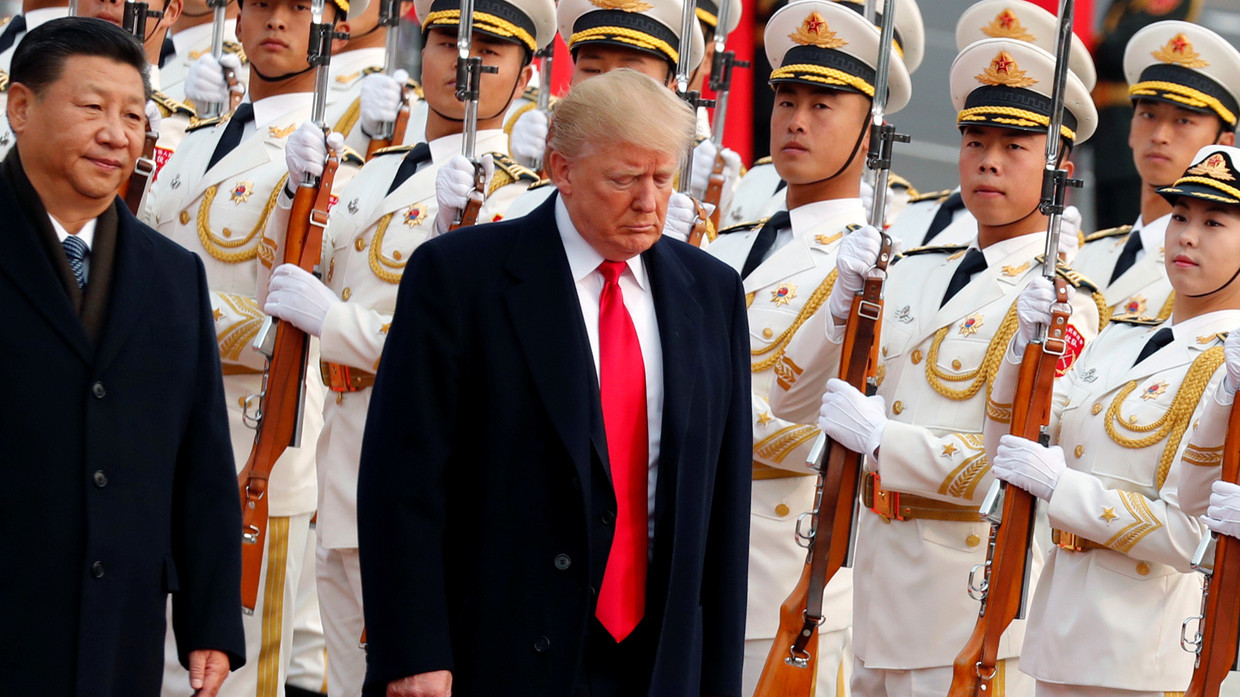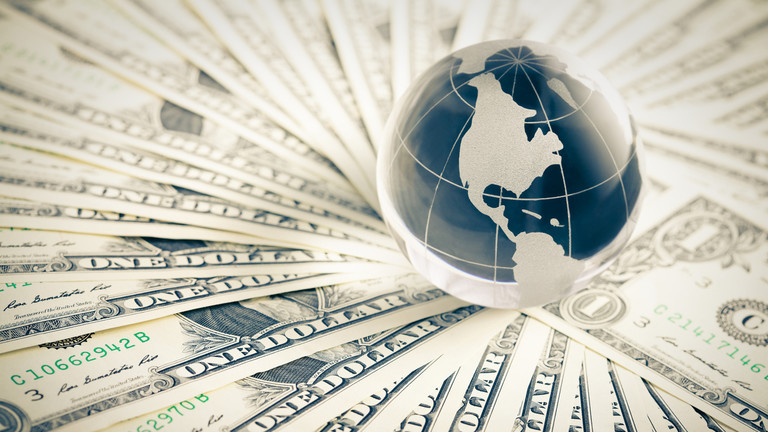After Politico posted a sensational report claiming that US President Donald Trump owes millions to a Chinese bank, all of the information in it turned out to be wrong, leaving the outlet struggling to explain itself
The original story, published Friday morning, reported that Trump’s real-estate partner received a $211 million loan from Bank of China for a New York property back in 2012 – and was eagerly picked up and trumpeted by legions of the US president’s critics.
Politico had to correct it almost right away, however, when the Bank of China issued a statement saying the loan had been sold off long ago.
In a telling admission, Politico noted that they had not actually reached out to the Bank of China for comment. But the story was not retracted; instead, the publication changed the title to past tense, and left in the claim that the Bank of China was still listed as a creditor on publicly filed paperwork by Wells Fargo, another bank involved in the deal.
On Monday, Wells Fargo contacted Politico – again, it was supposed to be the other way round – to clarify the paperwork cited was incorrect. Even though that demolished the sole pillar on which the revised story rested, Politico refused to officially retract it, offering instead an editor’s note published three minutes before midnight.
Our commitment at POLITICO is to journalism that gets its facts straight. We regret we fell short in this case.
Just like that, those who amplified the original story went strangely quiet and moved on to promoting something else critical of the president, leaving the more conservative pundits to marvel at Politico’s labored attempts to save face.
The non-retraction also prompted a harsh response from White House press secretary Kayleigh McEnany, who called Politico out for an “insatiable desire to rush out the door with a semi-baked story, paired with a salacious headline” rather than a commitment to facts.
What is particularly notable about Politico’s ‘Trump-China’ story is that the editor’s note suggests it was entirely based on documents, because they admitted never contacting either the Bank of China or Wells Fargo, while the White House and the Trump Organization “declined to comment on the record after being told what we intended to report.” That goes against basic principles of how journalism is done.
Worse, these types of “mistakes” seem to always happen in the same exact direction, to the point where it frankly smells of desperation. Politico at least had the decency to pretend to apologize. By contrast, CNN officially retracted only one of their fake stories, and other outlets simply shrugged and kept going.
The scrapyard of fake stories pushed by US mainstream media is littered with hundreds of “bombshells” accusing Trump of something nefarious over the past four years, from ‘Russiagate’ to ‘quid pro quo’ in Ukraine that eventually got him impeached in the House.
Perhaps the worst part for Politico is that their fake bombshell reads like a hit piece commissioned by the Democratic Party. Earlier this month, you see, the DNC war room outlined a blueprint for attacking Trump by saying he “rolled over” for China and took too long to react to the pandemic because he prioritized making a trade deal.
In a bit of actual journalism, that memo was made public by Axios – an outlet founded by Politico alums who struck out on their own after the 2016 election.

 NEWS2 months ago
NEWS2 months ago
 NEWS2 months ago
NEWS2 months ago
 NEWS2 months ago
NEWS2 months ago
 INVESTMENTS2 months ago
INVESTMENTS2 months ago
 FINANCE2 months ago
FINANCE2 months ago
 FINANCE2 months ago
FINANCE2 months ago
 WAR2 months ago
WAR2 months ago


























